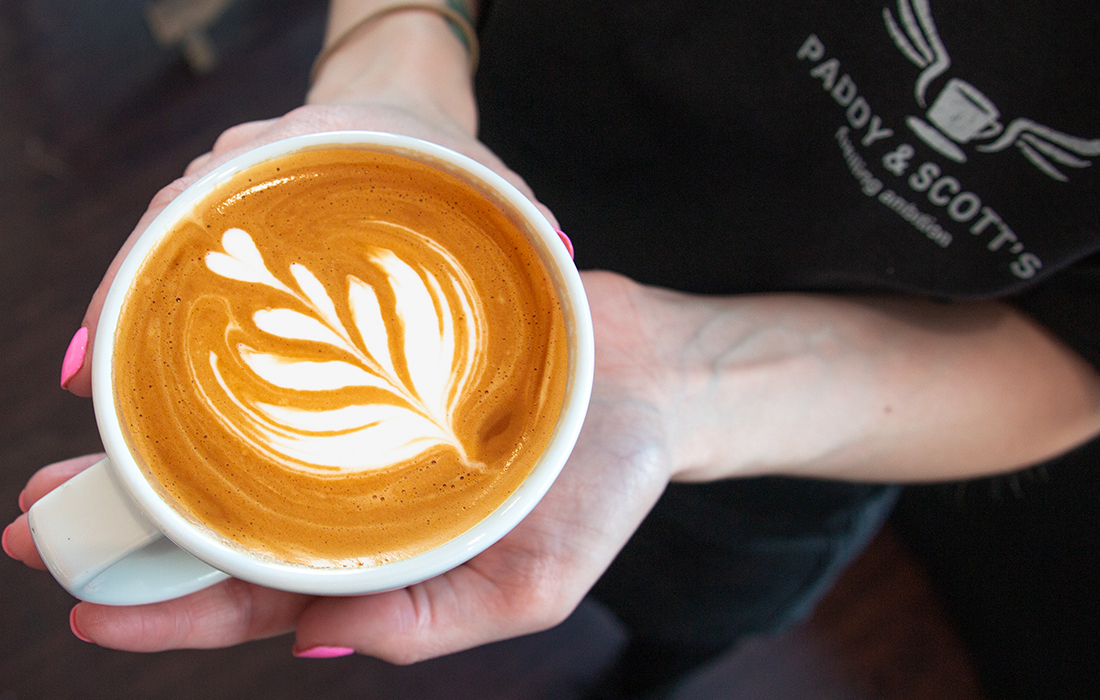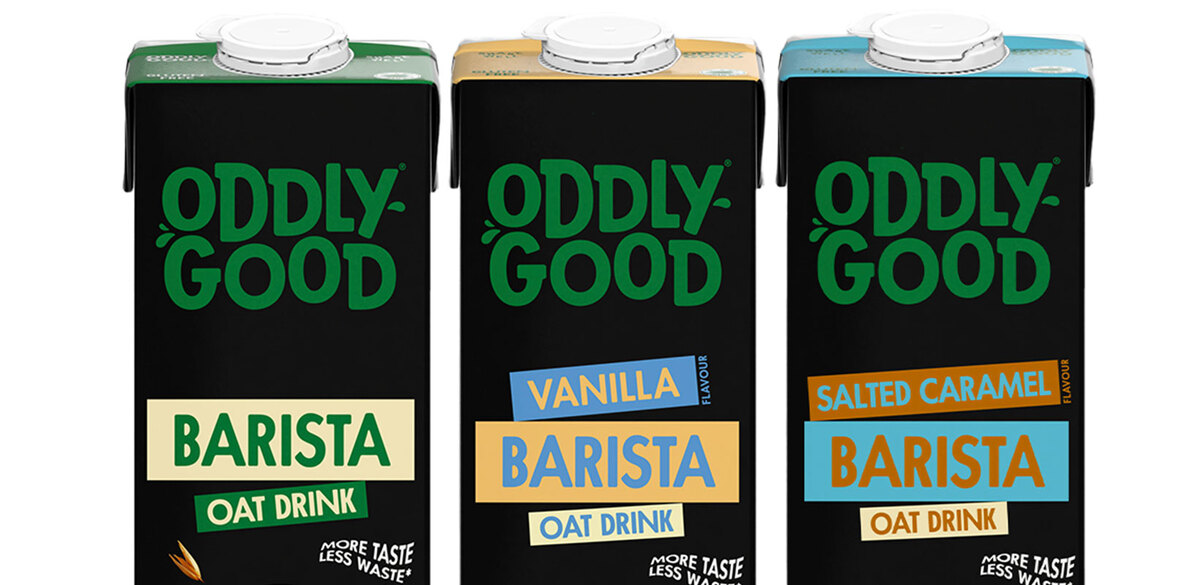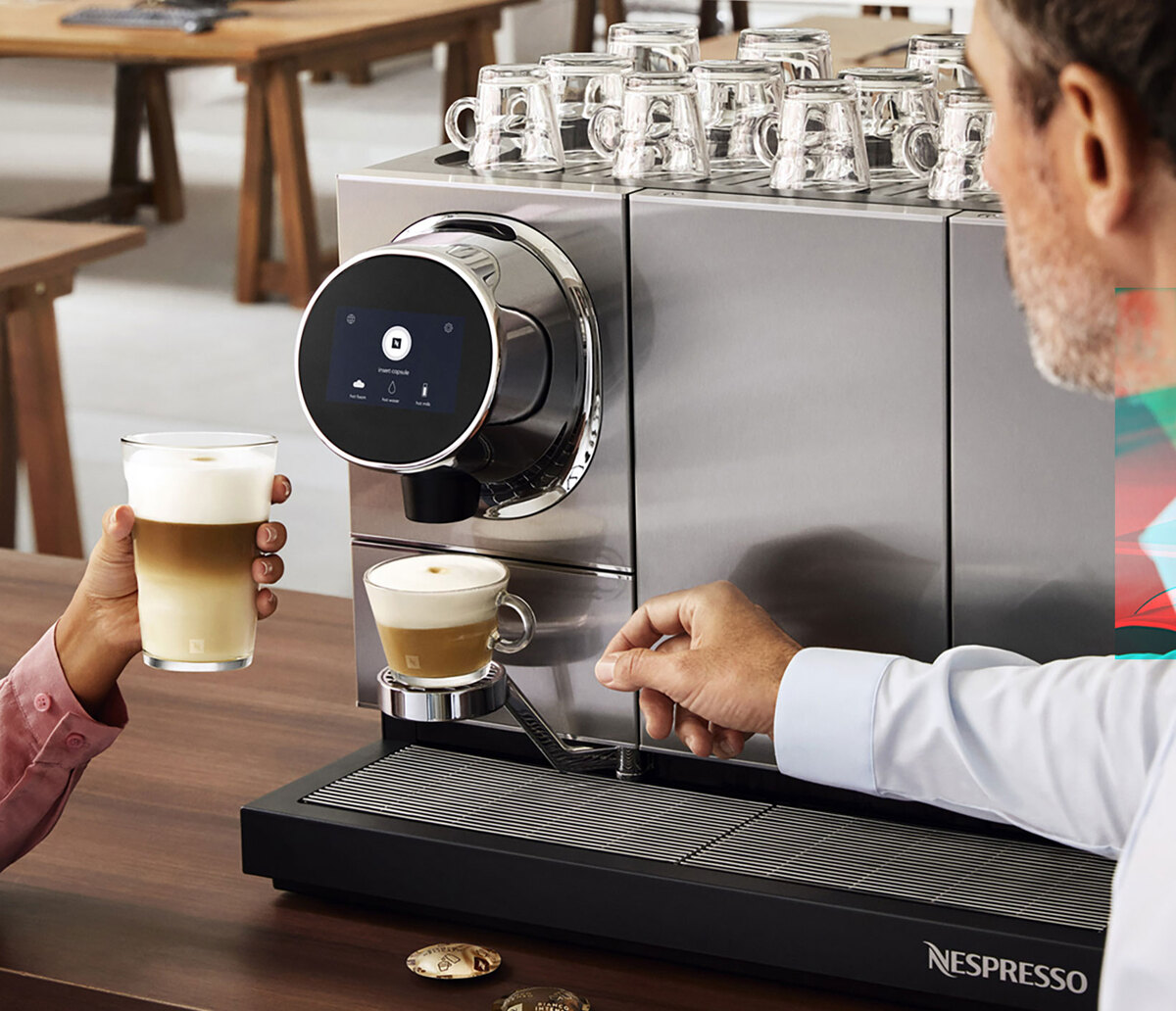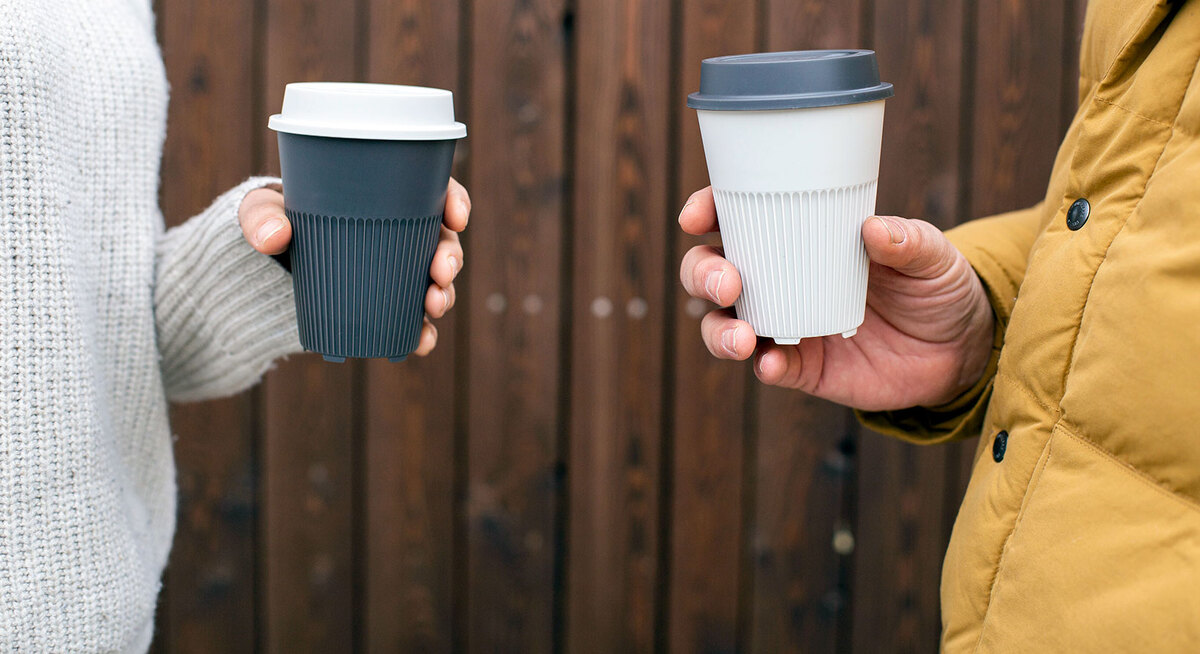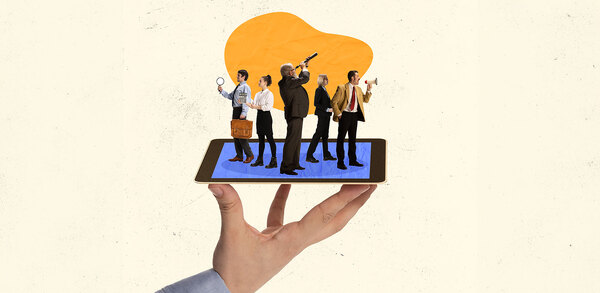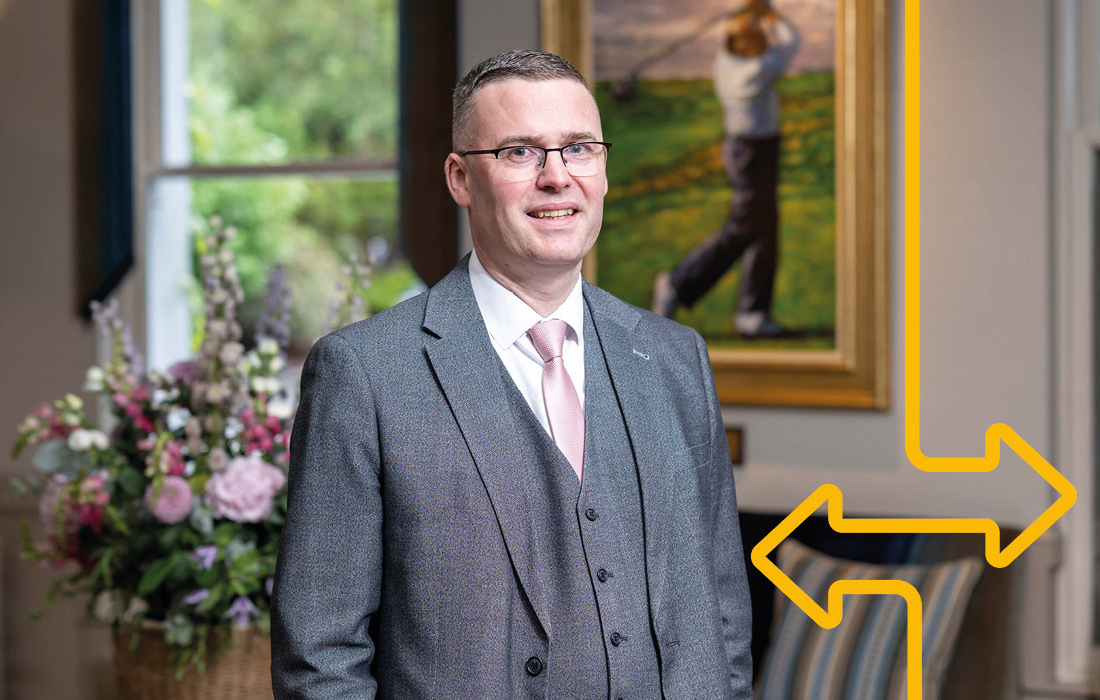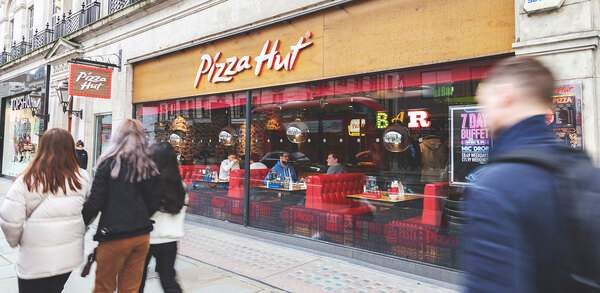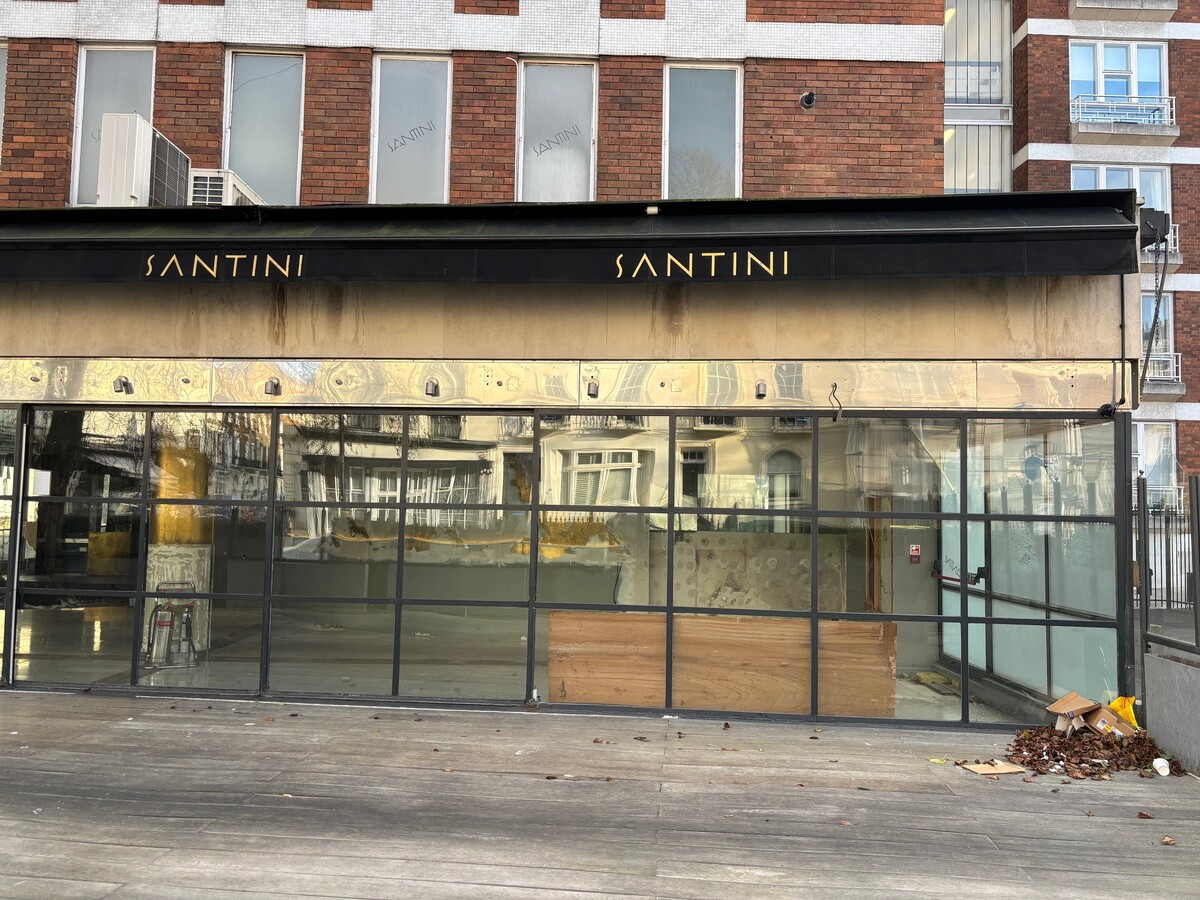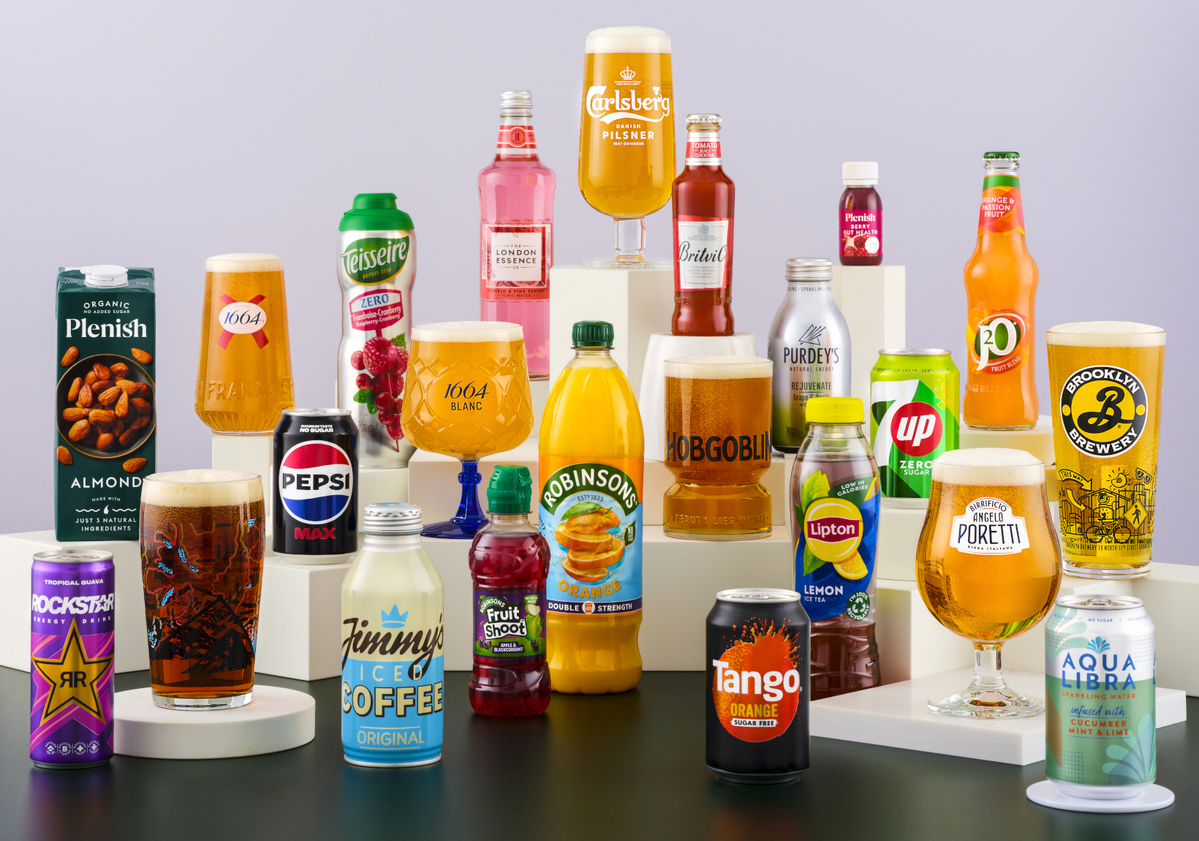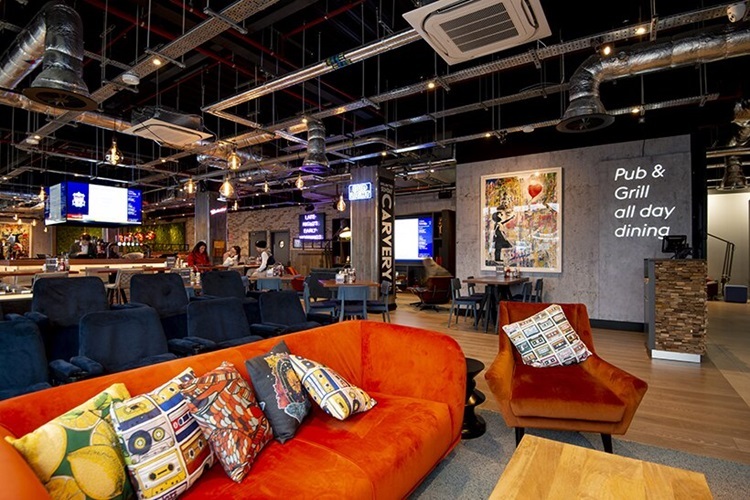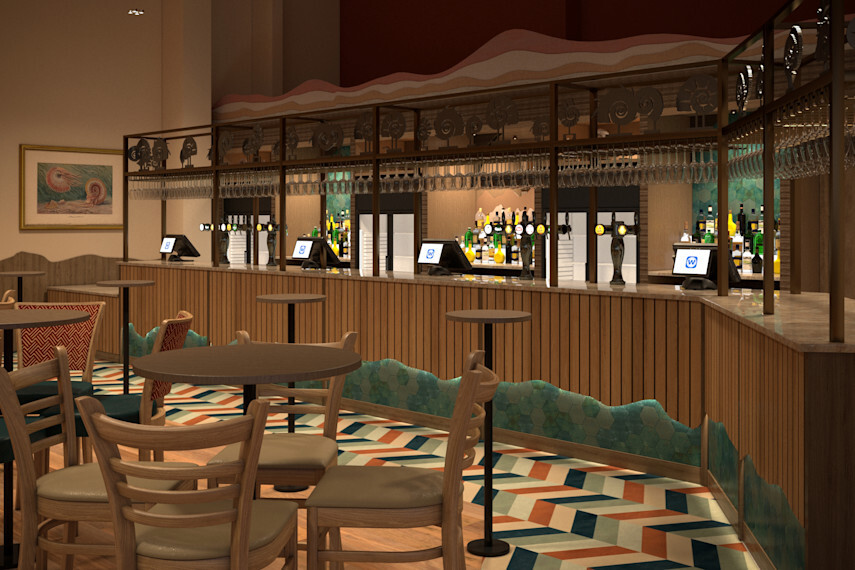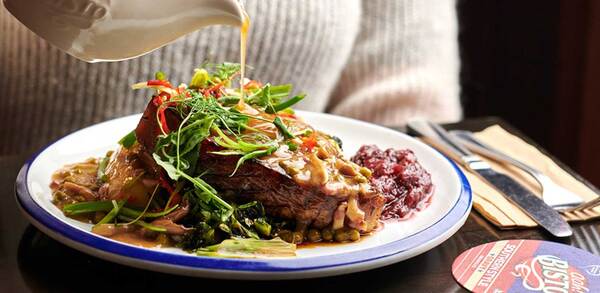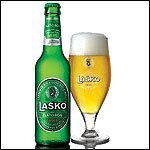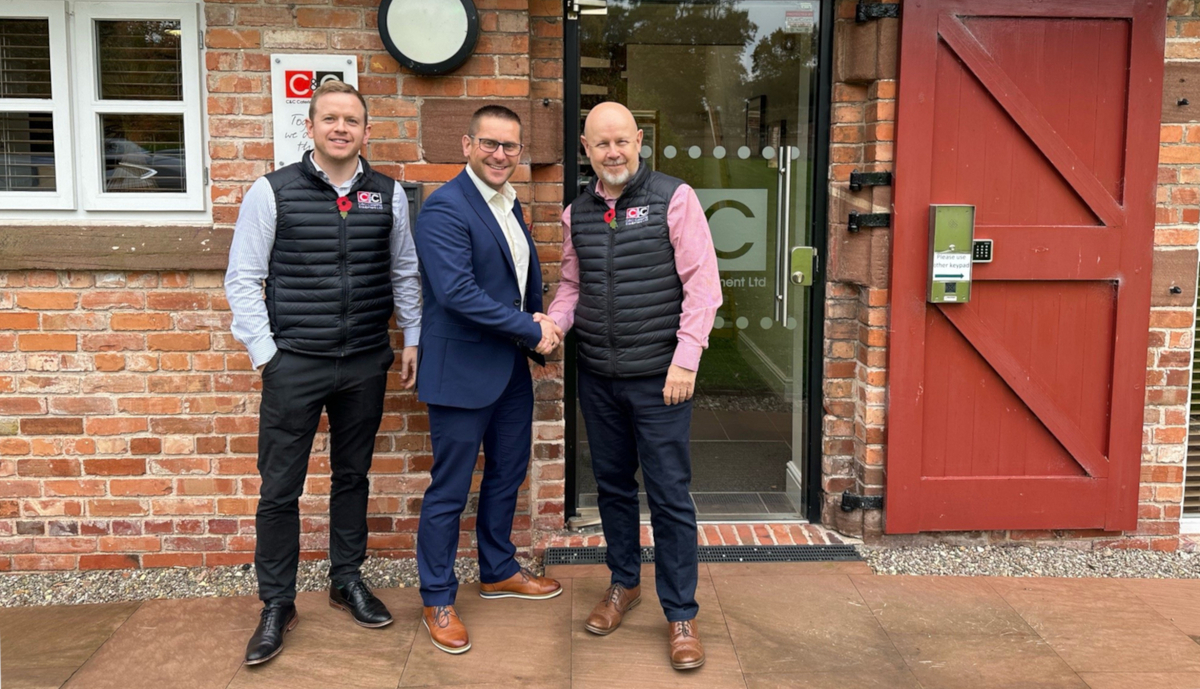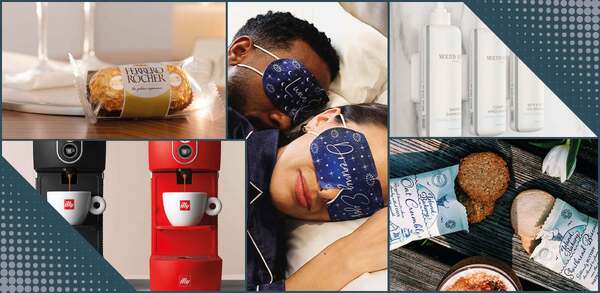Frappé fever: why coffee is still a high street hero
It may have nudged over the £5 limit, but coffee is still number one on the high street, with a sustainably sourced and perfectly served beverage topping menu choices. John Porter reports
Coffee is very much UK consumers’ hot beverage of choice when out and about, accounting for around three-quarters of sales.
Data from analyst Kantar shows that in the year to 12 May 2024, coffee made up 73.4% of hot drinks sales and showed year-on-year growth of 16.7% compared to total hot drinks growth of 18%.
But beneath these headline numbers, hot drinks sales figures always need some sense-checking. Tracking coffee sales out of home has always been more challenging than alcoholic drinks, where HMRC has a vested interest in knowing exactly what has been sold and for how much, or soft drinks, to a large extent, which mostly follow the same routes to market as the hard stuff.
Depending on the type of business, coffee may be factored into food purchases or supplied as part of an equipment leasing contract. Additionally, the hospitality sector gives away large amounts of coffee – very few conferences or business events start without delegates being offered all the coffee they want and most hotel rooms have coffee sachets or capsule machines in situ.
Kantar’s figures don’t track the giveaways, even though the customer is undoubtedly paying for their caffeine boost as part of the total bill, and this opacity around the cost may be sparing operators’ blushes to an extent. In May, media headlines announced the arrival of the £5-plus coffee in some London coffee shops, although analyst Allegra emphasised this is still a long way from the current £3-ish norm. However, while inflation has undoubtedly played a part in the increased price, it seems consumers continue to value coffee.
Citing Kantar’s figures, Richard Milner, category insight manager at private label coffee supplier Lincoln & York, says: “In the out-of-home sector, purchase frequency and consumer penetration have increased 8.5% and 1.4% respectively.”
“The trends point to consumers continuing to choose more indulgent coffees. Cappuccino and latte purchases are up 13.3% and 18.2% by volume, respectively, while newer formats such as iced coffees show no signs of slowing down.
He adds: “By sector, we’re seeing some consumers switching coffee purchases from full-service restaurants to coffee shops, bakery and quick-service restaurants as they seek both to manage increasingly squeezed budgets and the perennial desire for a treat.”
The question of quality
For operators, these consumer expectations generate the need for both innovation in how coffee is served and investment in employee skills. Richard Lowry, head of coffee at Bidfood, says: “While we often let this slip through the cracks, the best thing every operator can do is make sure every cup of coffee is perfect and high quality.
“Somewhere between opening the bag of coffee and serving the customer, quality drops, so train staff to a high standard and ensure those standards are followed at all times. Is your equipment clean? Is the coffee the right grind? Is your milk at the right temperature? Get the basics right and customers will flock to you.
“Too many operators forget the importance of service, speed and simplicity in today’s marketplace”
“However, as well as training teams to make an excellent brew, they should also be trained to care about every cup they make. The best way to increase sales and repeat purchases is to hand your customers a great experience in a cup that’s worth paying for.”
Supplier Mozzo Coffee puts a focus on its belief that lifting the whole coffee experience for consumers is key for operators in building sales and retaining customer loyalty. At its simplest, “serving good coffee is the best way to sell more coffee,” says Mozzo founder Grant Lang.
“The winning formula to growing sales should mean the delivery of a high-quality product, quickly and consistently within a clean and well-structured environment, by staff that are knowledgeable, passionate and engaging, especially in light of rising costs and competition. Too many operators forget the importance of service, speed and simplicity in today’s marketplace.”
Shake it up with espresso martinis
Nick Stevens, business to business commercial director at Nespresso Professional UK and Republic of Ireland, says: “Coffee is the go-to hot drink for consumers in hospitality, but the way we enjoy it is changing. In recent years we have seen consumers take joy in exploring new serves and flavours. Helping coffee lovers to discover their new favourites appeals to that sense of creativity and can keep them coming back for more, whatever the occasion.
“As coffee has grown in popularity, so has our appreciation of quality. People are more discerning of different taste profiles and they simply won’t put up with bad coffee. Consumers are looking for a personalised experience where they can choose according to their preferences.”
Recent launches from Nespresso include a Brazil Organic capsule, a pure Arabica blend within its Origins Organic range, and the Iced Intenso capsule, which taps into the popularity of cold coffees.

The popularity of the espresso martini, a top 10 on-trade cocktail, has probably helped drive a more general take-up of cold coffee. Lee Hyde, senior beverage expert at syrup supplier Monin, says: “Out of iced beverage consumers, iced coffees were ordered by over 70%, followed by coffee-based frappés. But it’s not just the coffee shop sector that can benefit from this trend – restaurants and bars should explore them on their drinks menu to appeal to a wider array of customers.
“Research shows that those who purchase frappés are more adventurous in their purchases overall and there is scope for the on-trade to look at coffee-based drink desserts and non-alcoholic coffee cocktails to tap into this demand. Monin’s syrups are the ideal pairing to add a sweetness or a touch of flavour to iced coffees.”
He adds that iced coffees also benefit from social media take-up, with the #icedcoffee hashtag generating over 11.6 billion views on TikTok in January.
Cooler options for Gen Z
The 2024 edition of Nestlé Professional’s Toque d’Or contest for young chefs saw competitors set an innovation challenge in partnership with Starbucks to create an iced beverage tailored to Gen Z consumers.
The winners, Emma Bancroft from Coleg Cambria and Geraldine Sierra Torres from Westminster Kingsway College, collaborated on a cold brew coffee infused with matcha tea, poured over ice and topped with a layer of basil-flavoured cold foam. Bancroft said: “We wanted to create something completely different; something that’s not really been done before.”

Lost Sheep Coffee, which supplies coffee and equipment to hospitality businesses including the Pig hotels, has launched an iced latte and an iced mocha in ready-to-drink cans, made using the brand’s Get to the Hopper coffee blend.
Stuart Wilson, founder of Lost Sheep Coffee, says: “With Gen Z consumers more likely to drink ready-to-drink [RTD] coffee than hot coffee, the category is buzzing.” With most RTDs using instant coffee, “we want to be the first to do this, making fully traceable, speciality grade coffee more accessible to a new generation of coffee lovers”.
Also targeting operators looking to broaden their flavoured coffee offer is Oddlygood, which has launched Barista Oat drinks in salted caramel and vanilla flavours. The barista-developed drinks aim to complement coffee’s aromatic flavours and can be steamed, foamed, warmed or drunk cold.
Sustainable focus
Sustainability issues also continue to push their way up the consumer agenda. Joseph Cordy, head of commercial at coffee supplier Paddy & Scott’s, says: “Today’s consumers are highly conscientious about where they allocate their money, delving into the origins of their coffee and the entire journey it takes before it reaches their cup.
“By staying informed, consumers can make smarter choices that challenge the entire supply chain, from farmer to end-drinker. The market is fiercely competitive and to stand out, your company’s values and beliefs must not only resonate with consumers but also be transparent and distinct from other companies.
“Being sustainable and paying a fair price to the farmers is key in today’s market and coffee drinkers are aware of the social impact”
Nespresso Professional offers a free nationwide recycling scheme for professional customers, with its coffee grounds being transformed into soil improver and renewable energy sources, whilst the aluminium from the capsules are also used again.
Mozzo’s Lang says: “The space around the Fairtrade mark has been taken up by the big high street operators, so there is a great opportunity for the independent and speciality sector.” Mozzo’s ‘life-saving’ coffee collection, part of its ongoing partnership with the Rebuild Women’s Hope Cooperative in the Democratic Republic of Congo, donates 100% of profits to the Hospital of Hope project.
Lowry says: “Being sustainable and paying a fair price to the farmers is key in today’s market and coffee drinkers are aware of the social impact.” Bidfood’s Msia blend has helped build a six-acre school coffee farm, sponsored 150 students to become coffee farmers, and drilled a borehole to provide fresh, clean water at the school.
Sustainable drinkware specialist Circular&Co offers returnable cups that can be washed and reused up to 1,000 times, with a carbon footprint equivalent to just under two single-use paper cups, so hot drinks become carbon negative after two uses.
At Somerset hotel and spa the Newt, Chris Bancroft, operations manager, says: “It has been great to work with Circular&Co on our reusable cups at the estate. We are constantly working to reduce waste and improve our sustainability and returnable cups are a cost-effective way for us to work towards this. Guests have been extremely receptive to the change and we have had great feedback on the initiative so far.”
Suppliers
Bidfood www.bidfood.co.uk
Circular&Co www.circularandco.com
Lincoln & York www.lincolnandyork.com
Lost Sheep Coffee www.lostsheepcoffee.com
Monin www.monin1912.com
Mozzo www.mozzocoffee.com
Nespresso Professional www.nespresso.com/pro
Nestlé Professional www.nestleprofessional.co.uk
Oddlygood www.oddlygood.com



